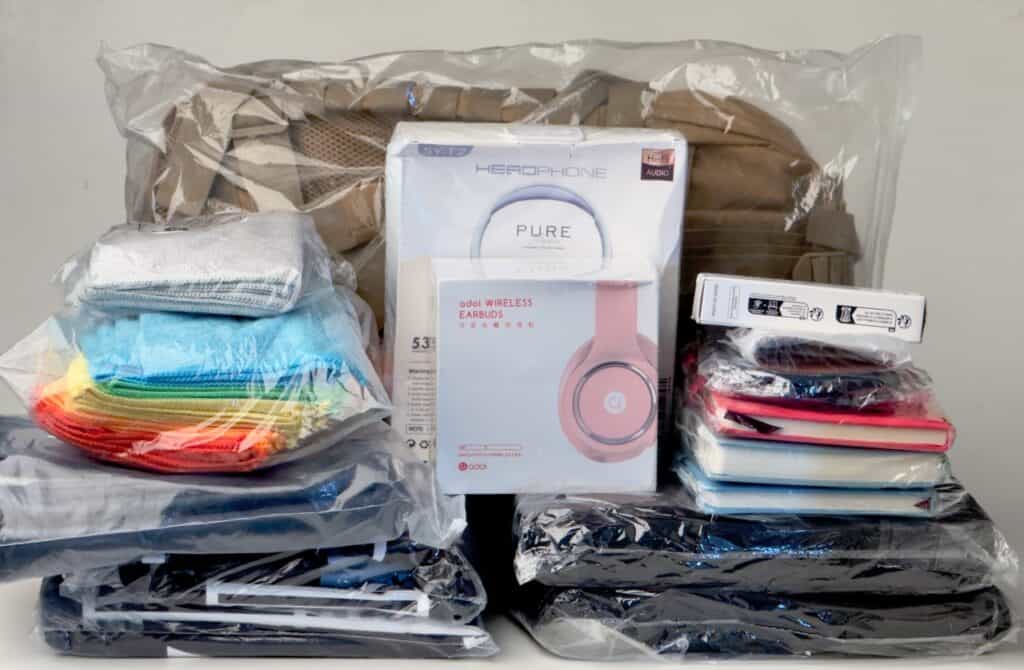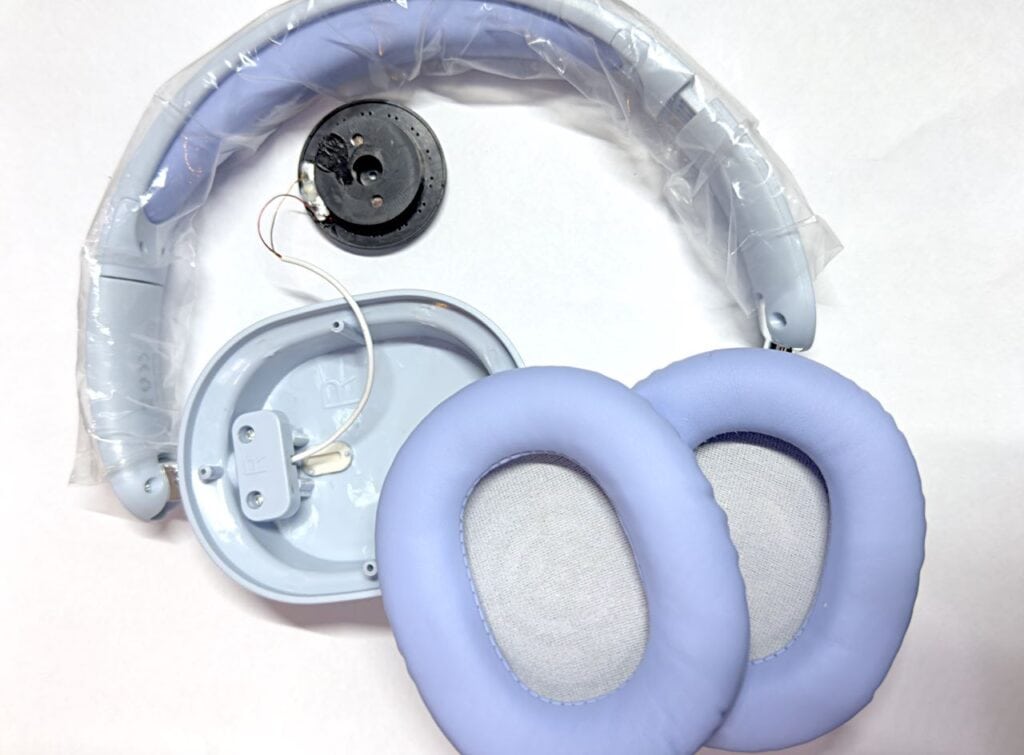
Above: Temu’s website.
BitDepth#1474 for September 02, 2024
There are lots of places to shop online, but the compelling allure of a wide range of choices in any product sector, excellent delivery reputation and payment security lead most shoppers to rely on Amazon.
I’m as guilty as anyone else of this, and it’s been more than two decades since I bought my first book from Mr Bezos’ company.
Since then, I’ve spent money sensibly and stupidly in roughly equal parts, compromised one credit card with an ill-advised purchase on a shady website and narrowed my purchases down to just a few trusted outlets.
Is Temu one of them?
I’m not quite sure about that, but here’s what I can say.
Temu has a PayPal option. It’s highly recommended that you pay that way, putting the digital escrow company between your banking details and the vendor’s systems.
Temu is the Western-facing subsidiary of PDD Holdings, who perfected this model for selling goods on the Asia-focused PinDuoDuo store.
Temu is a more aggressive marketer than Amazon could ever dare to be.
Visit the website or use the app and it will track you mercilessly. Give the company your email and you will receive emails at least daily, often multiple times a day.
Every email will attempt to get you to visit the website or launch the mobile app where the company gamifies every visit with a chance to “win” deep discounts on entry.
The website also constantly pushes you to use the Temu app, about which privacy concerns have been raised.
I got everything I paid for, but it takes a while to arrive. The company shipped most of the product directly from China with only a few items arriving from their US warehouses.
On a positive note, both items arrived simultaneously eight days later at my PO Box service, which is something that Amazon rarely gets right, though I might have just been lucky with this shipment.
Shipping can take between seven and fifteen days according to online reports.
There are no cool smiley boxes like Amazon’s. Everything came in a individual plastic bag shoved into two bigger plastic gray shipping bags, one from each shipper.
The two products that were boxed were slightly dented and bent, which doesn’t speak well of the prospects for sensitive electronic items.
The three items that I bought that could be described as electronic all shipped from a US warehouse, which suggests that Temu is aware of the potential for problems.
So what did I buy? I chose commodity items that are hard to manufacture badly.
Ten years ago, I bought a bulk package of microfibre cloths from Amazon (eight remain) that cost US$0.46 per cloth. From Temu, a ten-pack of gray cloths (which turned out to be smaller and thinner, something that’s not obvious on the product pages) cost US$0.25 each. A 20 pack of multi-coloured cloths cost US$0.47 each.
When I went to double-check the prices, the same item is currently being offered in a “Lightning Deal” in a 50 pack for US$0.12 each.
Once you begin the shopping process at Temu, everything moves fast. Deals are on a timer, often counting down minutes of opportunity and the site isn’t always terribly clear about what, exactly you are buying.
Clicking on photos of different sizes doesn’t change the cost, which only adds to the general confusion.
Would I have preferred to buy those multi-coloured cloths on deep discount? Sure.
Could I figure out what Temu was selling me while a timer is pointedly ticking down? Not without more experience than I brought to the table the first time around.
My choice of items reflected a similar caution. Most were stitched goods like the cloths, a couple of different notebooks and two pairs of over-ear headphones.
One of the headphones turned out to be from Asus, but the other items were unbranded, without even the window dressing offered by the fake brands that Chinese manufacturers use to flood Amazon with identical items.
When it comes to headphones, I’ve drifted down from aspirations of high-end audio excellence to practicality.
I buy cheap headphones on Amazon, and I bought cheaper ones from Temu.
All will eventually wear and shred (ear pads are particularly irritating as they crumble, leaving flecks of pseudo leather on your cheek and shoulder). Some will fall apart or crack.
I am not persuaded that audiophile headsets represent an adequate value proposition to justify their significantly higher cost.
That said, the Asus headset (US$14.48) had a clearly superior build, with metal reinforcing the connecting band. The no-name headset (US$10.50) was all plastic and one of the speakers was rattling around in the ear cup.
Opening it and gluing it into place was easy, but really, should I be part of the manufacturing process?
The sound on both was on par for cheap Bluetooth over-ear headphones built to work but not to last. Both connected and worked. Neither is a premium audio product or even promise to be halfway good.
So who is Temu for? If you need commodity items that have a long manufacturing history (sewing and bookbinding are ancient by now), then you may find some great bargains, particularly if you buy in bulk.
Some items will be pleasant surprises. Others will be exactly what you expect, fragile plastic on the edge of falling apart.
Retailers looking for small quantities goods that they can hustle on retail at good prices will also find items, but restocking can be a challenge, since some items disappear off the site.
Temu uses a technique called reverse manufacturing, monitoring what’s selling on the site and what people are searching for online to provide the manufacturers who provide goods on the site with forecasting of what is likely to be in demand.
If you’re out of sync with the shopping zeitgeist, those bargain items simply stop being made.









































About the shredding headphone ear pads issue, in the interest of “practicality” ( = cheapness), I get a new J-cloth and some rubber bands, out the J-cloth over the ear pad, secure it with the rubber bands, and cut off the excess.
Hey, it works!